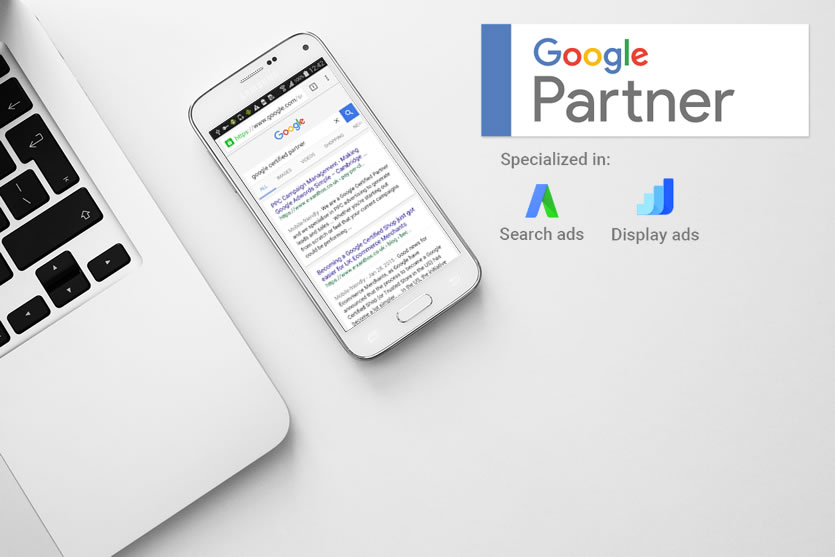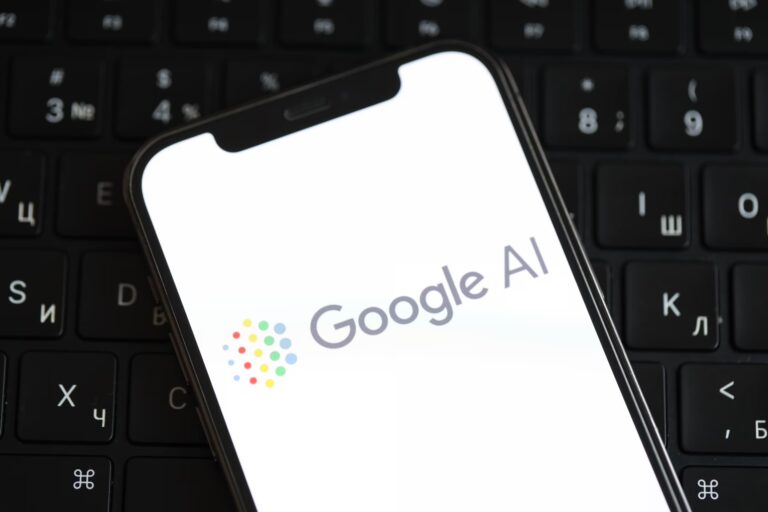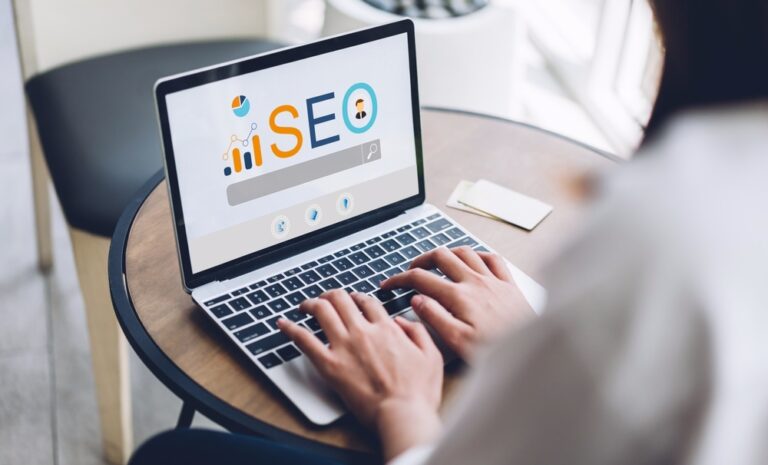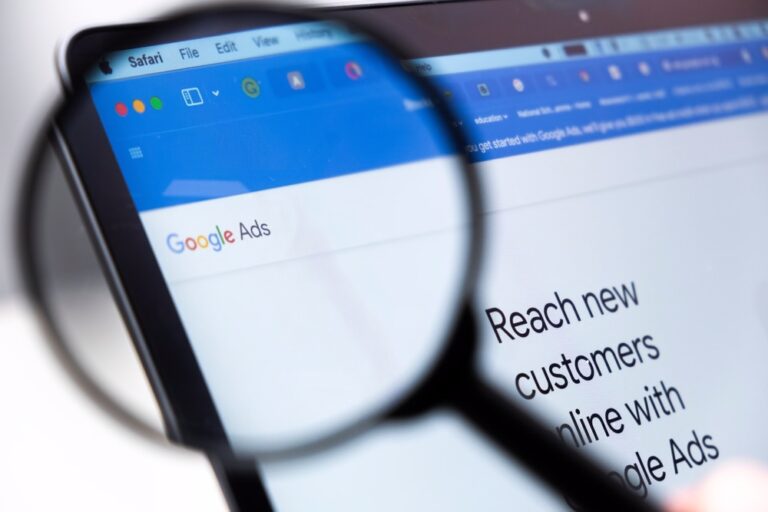SEO and PPC advertising provide great ways to get your brand seen by your target audience in 2016, but are very different ways of getting your website found online.
But when it comes down to when you should prioritise one over the other, and which will provide the best value for your business, it’s worth weighing up the pros and costs that come with them.
SEO and PPC Differences
To start, let’s outline the differences.
SEO, or search engine optimisation, is an ongoing process that increases your visibility in search engine results pages.
SEO focuses on the unpaid, or organic, results – with higher rankings equating to increased website traffic, which can then be converted into customers.
PPC, or pay-per-click, is a paid advertising method to advertise your website and drive targeted traffic to your site.
PPC is usually associated with appearing at the top of search engines, with Google AdWords being the most popular PPC advertiser.

Brand Building
When it comes to brand building, ensuring you have high organic rankings helps gain you more exposure. SEO allows you to gain multiple listings for the same search term, whereas PPC will only ever be one.
By appearing on page one for key search terms, you can really help build your brand online. Content marketing helps with SEO, and is an integral piece of your digital marketing efforts.
While PPC doesn’t have quite the same impact, it still has its uses. Display ads on the Google Display Network can play a huge role in increasing a customer’s awareness of your brand by displaying banner ads to them around the web.
Conversions
Conversion-wise, SEO will usually bring more traffic than PPC in the long-run.
Search engines such as Google deem your web page the best fit for the term a user has searched for – and so the user should be geared up for the right content.
PPC usually will have a higher conversion rate, though it does bring in less traffic overall.
PPC allows you to target specific advertisements to specific search terms, with call to actions that suit your desired outcome.
Alongside this, remarketing to users enables you to target users who have visited your website before, and are therefore likely to convert.
PPC also gives you the option of creating campaigns for certain times of the year, or even times of the day. This level of customisation means conversions are usually stronger.
Cost
When it comes to cost, there’s many different factors to consider.
SEO doesn’t technically cost anything – but it does take a lot of time and dedication. Whilst it may take you a few months to gain traction in the search results, you need to optimise and improve your website and content into the future to ensure the best results. So while there’s no outlay, you do need to spend time you may not have – but the results will be worth it in the long-term.
PPC on the other hand, costs money to be displayed at the top of the search results. However, you will be seeing immediate results, and could potentially begin generating business straightaway.
The cost of each depends on the competition. If the organic listings and key search terms you want to rank for are not competitive, then it shouldn’t be too hard to start appearing on the front page of Google. However, if your competitors are already dominating this space, it’s going to take more time and energy to appear there. Or you will have to target less competitive terms.
To overcome competitive organic listings, you can turn to PPC and jump all of these to the top of the page.
When it comes to PPC, you have a similar question to answer. If your competitors or other businesses are bidding on the search terms you wish to advertise for, it can be more expensive. If your search term has a lower cost-per-click due to lower competition, then PPC will be a much cheaper option for you. And this could be very lucrative when an SEO campaign can be a huge time sink.
Short Term
PPC offers a quick fix to get your brand appearing right at the top of the search results straightaway.
However, AdWords and other PPC platforms take time to master – and without training yourself on PPC, you could be spending more than necessary on the wrong search terms.
When done right, PPC increases your conversions with minimum spend, and can have a huge impact on the quality of your traffic, and how much business your website generates.
SEO takes time not only for you to implement, but also for Google to index and analyse. However, creating specialised content optimised for specific search terms can help generate traffic in the short term.
Long Term
In the long-run, SEO provides a great return, as maintaining a first-page ranking can help to generate clicks and brand awareness.
While you won’t need to spend any money on advertising for SEO, you will need to put a lot of time into overhauling your website to be optimised for search engines, and then maintaining your positions.
SEO is also not a guaranteed hit – as no-one can promise the first position for heavily contested search terms. But if you’re creative, find the right search terms and queries for your business, you’re sure to find success and generate business from it.
The Future
Looking into the future, both PPC and SEO will play pivotal roles in generating revenue for your business.
With the rise of mobile devices, Google gives mobile-friendly sites better rankings, and mobile-specific ads for mobile devices will also grow in popularity.
SEO will continue to evolve as Google updates algorithms. Localised search results will become more important, alongside results listings that are much more personalised in nature.
SEO + PPC
By utilising both SEO and PPC, you can build an instant presence at the top of the search results, while you build your organic listings in the background.
SEO and PPC go hand in hand for many purposes – as SEO can benefit from PPC methods to gather keyword and search term data.
Overall, if you are serious about generating extra business online, investing in both SEO and PPC helps to reach your short term and long term business goals.
Providing the Best Value
So when considering what to do with your marketing budget, where is it best spent? When done correctly, both methods can help get your brand in front of eyes of potential customers looking for what you have to offer.
Overall, ensuring you have a high quality, mobile-friendly web design is a must. Ensure your website is built with technical SEO in mind to achieve the best rankings.
As for ongoing efforts, investing in content marketing provides great SEO benefits. Sharing your content on social media provides a quick way to find a wider audience, that in turn helps your SEO.
Creating PPC campaigns for researched search terms alongside this instantly drives targeted traffic to your website, focusing on Google’s search network for a start is usually the best route, and then expanding into other channels in the future.
Otherwise, creating landing pages customised for your advertising campaigns can play a huge part in converting more website visitors. For ecommerce, product listing ads are also a worthwhile investment.

To get the best results possible it’s worth considering outsourcing your PPC campaign management or SEO requirements to marketing professionals who know how to generate results.
Here at Xanthos, we have over 14 years of experience in generating results online through both PPC and SEO. Get in touch today to find out how we can help you generate more business online.












